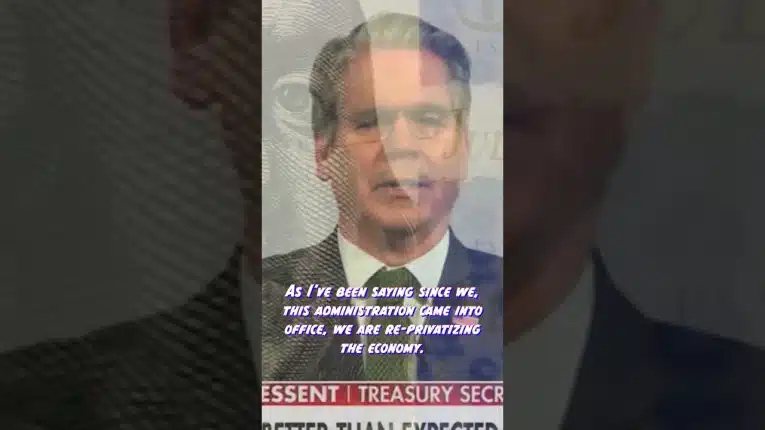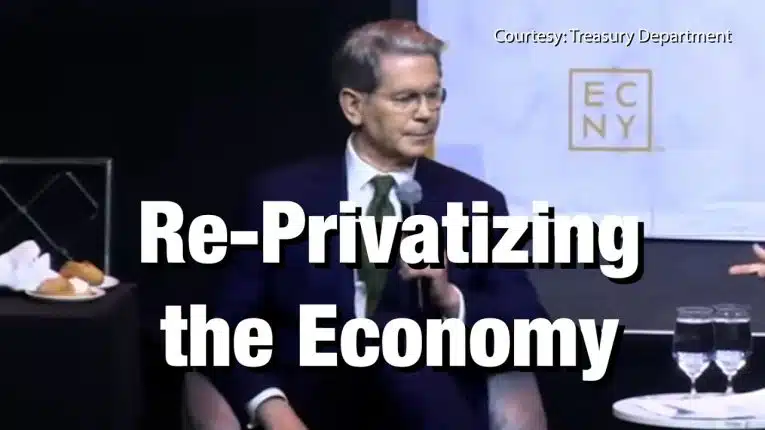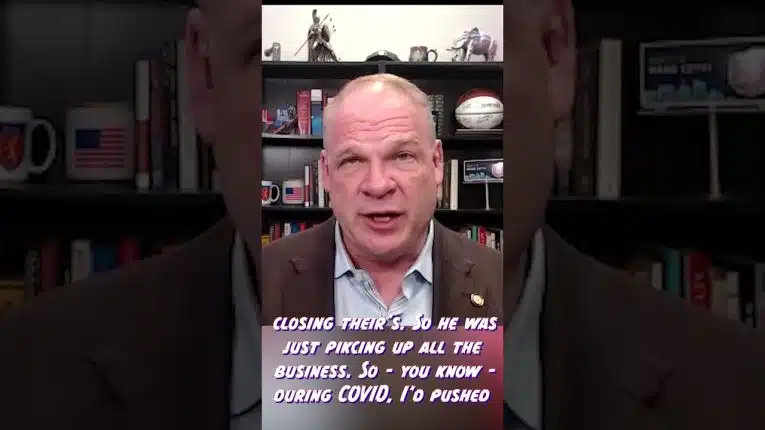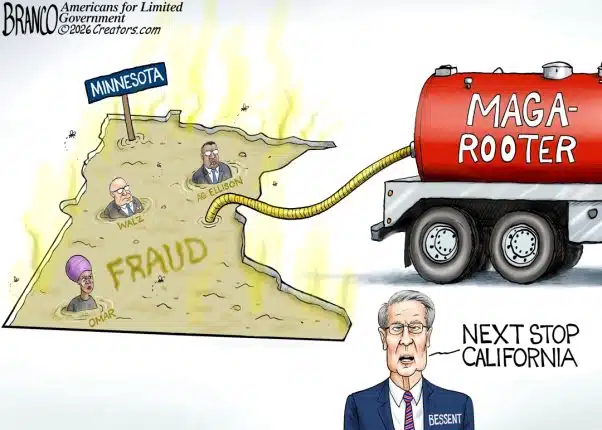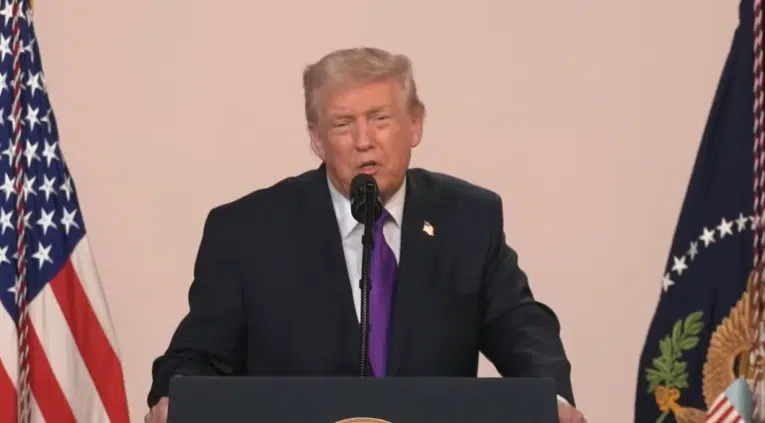By Printus LeBlanc
Every year, the federal government gives out billions of taxpayer dollars through dozens of federal agencies to study man-made climate change. It has become a cottage industry supporting hundreds of “scientists” around the world. Their research has led to countless federal agency regulations costing the U.S. economy thousands of jobs and trillions in economic output. What would happen if the underlying data in the studies was falsified?
The studies are used in courts of law around the country. New York City is suing Exxon, Shell, and several other oil companies for what it calls, “present and future damage to the city from climate change.” San Francisco and Oakland are also suing five oil companies in California, stating oil companies must “pay for the cost of protecting the Bay Area from rising sea levels and other effects of global warming.”
Arnold Schwarzenegger is even getting into the act, recently announcing he is going to sue oil companies “for knowingly killing people all over the world.” He has yet to announce he is going to stop making movies that use copious amounts of energy to produce or quit flying private.
But a recent decision by EPA Administrator Scott Pruitt may throw everything up for grabs, including the studies used to launch the lawsuits. As the Daily Torch reported last week, Pruitt is ending the practice of “secret science” to justify regulations within the EPA.
This raises an interesting question. If the scientists manipulated data to come to a preconceived result, is this a crime? If the scientists filled out grant applications using manipulated data, is that fraud? The law says yes.
- 18 U.S. Code 1341 – Frauds and swindles – Whoever, having devised or intending to devise any scheme or artifice to defraud, or for obtaining money or property by means of false or fraudulent pretenses, representations, or promises, or to sell, dispose of, loan, exchange, alter, give away, distribute, supply, or furnish or procure for unlawful use any counterfeit or spurious coin, obligation, security, or other article, or anything represented to be or intimated or held out to be such counterfeit or spurious article, for the purpose of executing such scheme or artifice or attempting so to do, places in any post office or authorized depository for mail matter, any matter or thing whatever to be sent or delivered by the Postal Service, or deposits or causes to be deposited any matter or thing whatever to be sent or delivered by any private or commercial interstate carrier, or takes or receives therefrom, any such matter or thing, or knowingly causes to be delivered by mail or such carrier according to the direction thereon, or at the place at which it is directed to be delivered by the person to whom it is addressed, any such matter or thing, shall be fined under this title or imprisoned not more than 20 years, or both.
- 18 U.S. Code 1343 – Fraud by wire, radio, or television – Whoever, having devised or intending to devise any scheme or artifice to defraud, or for obtaining money or property by means of false or fraudulent pretenses, representations, or promises, transmits or causes to be transmitted by means of wire, radio, or television communication in interstate or foreign commerce, any writings, signs, signals, pictures, or sounds for the purpose of executing such scheme or artifice, shall be fined under this title or imprisoned not more than 20 years, or both.
- 18 U.S. Code 371 – Conspiracy – If two or more personsconspire either to commit any offense against the United States, or to defraud the United States, or any agency thereof in any manner or for any purpose, and one or more of such persons do any act to effect the object of the conspiracy, each shall be fined under this title or imprisoned not more than five years, or both. to commit offense or to defraud United States.
After looking at the hacked emails of the University of East Anglia’s Climatic Research Unit, it certainly appears data was manipulated to achieve a preconceived outcome. Several scientists around the world manipulated data to end the Medieval Warming Period (MWP) according to the leaked emails. The new data was then used to push massive governmental regulations.
This is not the first time questionable science has been used to justify regulations or lawsuits.
The National Institute of Occupational Safety and Health (NIOSH), a division of the Centers for Disease Control, issued a report linking health problems to a chemical called diacetyl. The report spawned more than 1,000 lawsuits, but there appears to be a flaw in the science.
The agency tries to link diacetyl to Bronchiolitis obliterans, also known as popcorn lung, through exposure from microwave popcorn and coffee roasting, but the agency ignores cigarette smoke. Perhaps they do this because other studies cannot link smokers to popcorn lung. Cardno ChemRisk published a study in Critical Reviews on Toxicology stating, “We found that diacetyl and 2,3-pentanedione exposures from cigarette smoking far exceed occupational exposures for most food/flavoring workers who smoke.” They continued, “Further, because smoking has not been shown to be a risk factor for bronchiolitis obliterans, our findings are inconsistent with claims that diacetyl and/or 2,3-pentanedione exposure are risk factors for this disease.”
Why would NIOSH ignore one set of facts to concentrate on another set of facts? Could trial lawyers have anything to do with it?
If the federal government is going to continue handing out billions in grants for research, then create regulations based on the research, it must ensure the accuracy of the research and prosecute fraud when found. All data must be made available to agencies and the public, bare minimum. And if a scientist manipulates data to meet a preconceived result, he is not a scientist, he is a fraud and should be prosecuted as such.
Printus LeBlanc is a contributing editor at Americans for Limited Government



